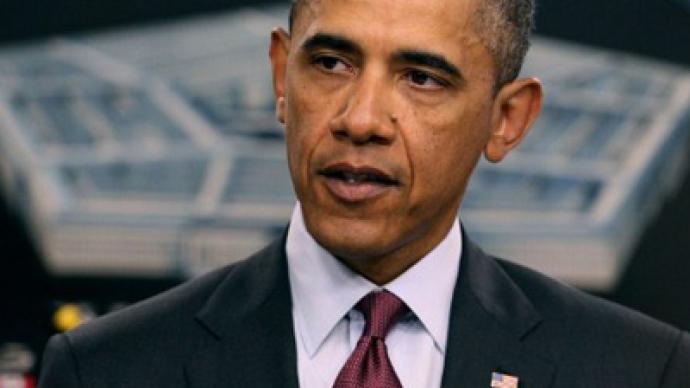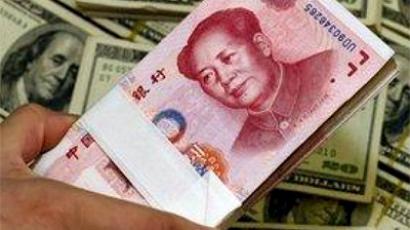China warns Obama over new defense strategy

President Obama revealed plans last week to shrink the military yet mobilize forces into areas not prioritized under current Pentagon policy. China is in turn warning the US that they should think twice before padding their presence in Asia-Pacific.
In the proposal put forth by President Barack Obama and US Defense Secretary Leon Panetta last week, the American armed forces will see a shrinking in size while the DoD says they consider a more strategic plan for appropriating US forces in areas of the world that demand more attention from its army. Among those locales specifically pointed out by the administration are of course Iran and North Korea, long-time love-lost foes of the United States. Of inclusion as well, however, is the Asian continent as a whole, whose ever expanding economy and infrastructure in countries like China continues to pose competition for US markets. As tensions escalate between Washington and Tehran, Beijing’s close ties with Iranian authorities make China a friendly foe. Until things heat up, that is. Obama and Panetta say that the Department of Defense will align more troops in the Asia Pacific region under the Pentagon’s new plan, which will ready forces for any events in a hostile North Korea in transition following the appointment of Kim Jong Il’s son Kim Jong Un to replace his recently deceased father. “As we move towards this new joint force, we are also rebalancing our global posture and presence,” Panetta said from the Pentagon on Thursday. Specifically, he added that “the rise of new powers across Asia and the dramatic changes” in the Middle East are of concern and will warrant the mobilization of American troops to be ready on the borders of North Korea and perhaps Iran. Of importance, added the administration, was the South China Sea, which the Far East could impose a blockade on following such a threat by Iran over the Middle East’s Strait of Hormuz. In response, the Department of Defense looks to increase bases in the Asia Pacific region while the US military sees a massive strategic re-haul.Beijing, however, is a bit perplexed."We have noted that the United States issued this guide to its defense strategy, and we will closely observe the impact that US military strategic adjustment has on the Asia-Pacific region and on global security developments," China Ministry of Defense spokesman Geng Yansheng said in a statement on the ministry's website."The accusations leveled at China by the US side in this document are totally baseless,” added Yansheng.White House press secretary Jay Carney summarized Obama and Panetta’s plan by saying America has, “as a nation, not been paying enough attention to Asia.” While such could arguably be the case, China is curious as to what the administration will look to do overseas specifically. Given that previous American military skirmishes have led to the installation of armed forces in neighboring, adjacent and sometimes inexplicably-chosen countries (with bases in nearly 200 different nations), China is indeed right to be concerned over how the Pentagon’s now policies will shape out.In terms of the continent as a whole, China’s size accounts for around one-third of the entire continent."We hope that the United States will flow with the tide of the era, and deal with China and the Chinese military in an objective and rational way, will be careful in its words and actions and do more that is beneficial to the development of relations between the two countries and their militaries."Relationships between Beijing and Washington have teetered back and forth between neutral and negative in recent months, intensified in part by the United States’ recent decision to militarize Taiwan, a long-time foe of China. Chinese Vice Foreign Minister Zhang Zhijun told the news outlet Zinhua that the deal “will inevitably undermine bilateral relations as well as exchanges and cooperation in military and security areas” between his nation and the US.














